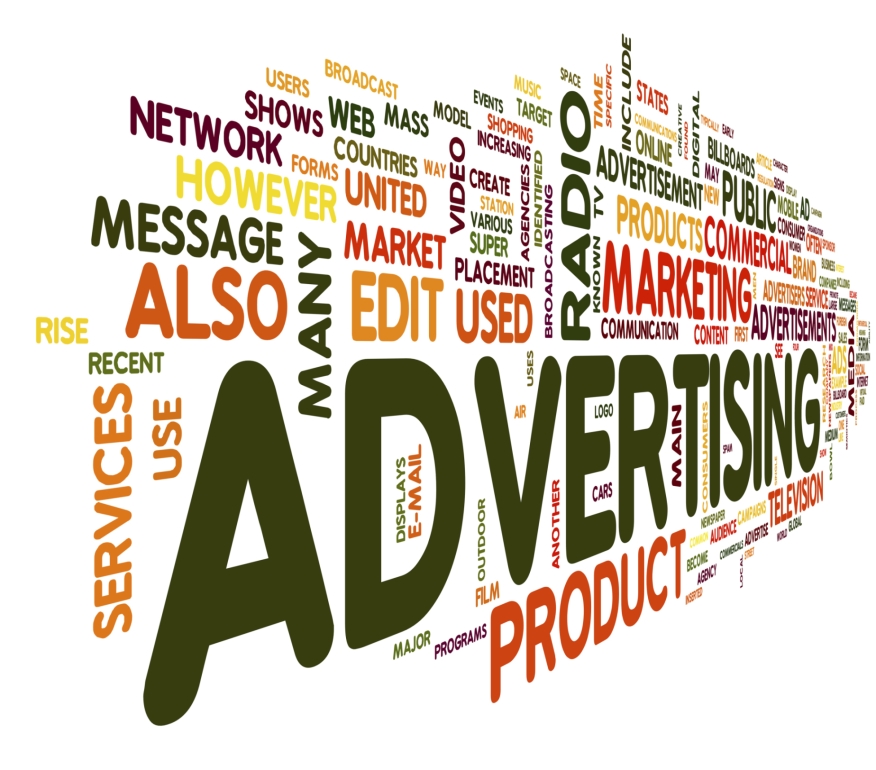Emotional Intelligence and Mortgage Advertising

 As more companies vie for customer attention through highly intelligent techniques, sales and marketing have become increasingly competitive. Do you have what it takes to keep up with the pack? While emotional intelligence and behavioral sales/marketing techniques are a relatively new phenomenon, they are really less of a trend and more of a paradigm shift. Here's the great news, you can develop your emotional intelligence. According to Colleen Stanley, author of Emotional Intelligence for Sales Success, "Your EQ (Emotional Intelligence Quotient) helps you sell bigger deals, in less time, at full margin." Who doesn't want that!?
As more companies vie for customer attention through highly intelligent techniques, sales and marketing have become increasingly competitive. Do you have what it takes to keep up with the pack? While emotional intelligence and behavioral sales/marketing techniques are a relatively new phenomenon, they are really less of a trend and more of a paradigm shift. Here's the great news, you can develop your emotional intelligence. According to Colleen Stanley, author of Emotional Intelligence for Sales Success, "Your EQ (Emotional Intelligence Quotient) helps you sell bigger deals, in less time, at full margin." Who doesn't want that!?
So, what is Emotional Intelligence? And how do you develop yours?
Most consumers live under the belief that the purchasing choices they make are the result of rationally analyzing available alternatives. However, they’re wrong. Not only do emotions influence us, in many cases, they determine our decisions. Whenever we are faced with making a decision, emotions from previous similar experiences give weight and value to the options we are considering. Although we’re largely unconscious of that happening, those emotions create the preferences on which we base our decisions.
Emotion is the main reason that consumers prefer to buy brand name products. You have to wonder why so many of the products we buy are available both as generic and name brand. Both have same ingredients, but generic is available at a lesser price. So, why is it we decide to pay more for brand name products? Emotion. Whether it’s in response to the color of the packaging, or an ad you've been seeing, or a co-worker told you what great stuff it is, or because it’s what your mother used and it reminds you of home—it all boils down to emotion.
Nationally advertised brands control the power in the marketplace in large part because of the emotional connections they create with consumers. However, if you think about it, brands are really little more than the mental representations of products in the consumer’s mind. Given that concept, it follows that if there are no emotional links to influence a consumer’s action, if the product representation consists only of the product itself, then there is really nothing there to influence the consumer. The higher the emotional saturation of a brand’s mental representation, the more likely it will generate loyal consumers.
It’s easy to see how emotion can be communicated effectively in print ads or commercials, but there are other significant elements to brands that also have emotional dimensions. For instance, every brand has a personality and the most powerful representation of that brand includes its personality. Studies have shown that consumers assign the same types of personality characteristics to brands as they do to other people. We know that, when it comes to people, we are attracted to some personality types more than others. Most of the time those attractions are based on emotion, not rational thought. Brand personality is no different and that personality is communicated by marketers with packaging, visual imagery, and the words used to describe the brand. Another significant basis for a brand’s emotions can be found in the “story” that it communicates—the story of who (the brand personality) it is, what it means to the consumer, and why the consumer should care about it. This narrative sets the foundation for brand advertising and promotion.
So, what does all this mean to you personally? As a loan officer, you have a personal brand that has a great deal of impact when it comes to driving the emotional buying decisions your customers make. From your values, personal mission, and unique attributes, to how you behave and interact with other people, everything is tied to your overall brand. By spending time learning about yourself, you will have an advantage when it comes to utilizing EQ to market your brand to others.
In effect, your personal brand is its own person. Your brand acts to promote your business, connects you with your customer base, and differentiates you in the market. Your brand has a toolbox full of all kinds of useful stuff–a blog, a Web site, your business cards, resume, video resume, portfolio and social network profiles. In fact, it’s most likely a combination of many or all of those things. The key is that your brand must be consistent. How consistently you present your brand makes a big difference because the brand experience is strengthened when it is instilled into all your products and services, and at every customer touch point. Consider that a consumer’s emotional reaction to your brand is formed from the very first experience with you and that every interaction is a chance to augment that brand.
Applying the principles of EQ will help you interpret and read your customers’ emotions thereby giving you the ability to adapt within a selling situation in several ways. Being able to recognize your customers’ emotions will help you adjust your own emotional response which will naturally generate a more solid rapport. It will help you make your clients feel more valued, build stronger personal connections, and improve your lead-conversion rates.
The good news is that Emotional Intelligence can be learned and developed. There are three basic tenets to get you on your way:
►Self-awareness: Being able to identify how you feel and who you are—is at the core of emotional intelligence. Do a self-evaluation. What are your strengths and weaknesses, and how can you improve them? Have the courage to look at yourself honestly—it will change your life.
►Empathy is an extremely powerful way to raise your emotional intelligence: Put yourself in the other person’s place, be aware and listen carefully to what they are saying, and be perceptive of their needs. By showing someone that you understand where they’re coming from, you’re able to gain their trust and respect.
►Change your motivation: Show a willingness to defer immediate results in order to establish long-term success. Learn and know when to trust your intuition. Take criticism and use it to improve performance. Be passionate, but look at a problem and find a resolution in a calm and rational way.
If there is a singular feeling that causes people to do business with you, it is trust—the feeling a customer has in knowing they can depend on you and that you have their best interest at heart. You can give your client all the necessary information, however, the information itself is not as important as the emotional effect the information has on your customer. This distinction is particularly essential in terms of working with Millennials (the generation of folks born between about 1980-1995). They were raised during a recession and saw the mortgage industry fall apart, which means they don’t have much faith in financial institutions. Marketing to Millennials requires that you do it on their turf and their terms—they need trust and reassurance. Millennials don‘t react as much as they interact, which means that you will need to engage them on an emotional level.
No matter what someone is buying, the decision to buy is based on an emotional judgment that they've made about the product. If you, as a marketer, take this to heart, it will have a huge impact on your marketing skills. Products typically touted for their basic usefulness might instead be extolled for their emotional benefits. That doesn't mean you’re only effective if you’re tugging on heartstrings, but what it does mean is that you would do well to focus more on connecting with your clients on an emotional as well as intellectual level.
Brent Emler is director of sales and marketing at Velma.com, a customizable marketing software provider exclusive to the mortgage industry. He may be reached by e-mail at [email protected].
This article originally appeared in the May 2015 print edition of National Mortgage Professional Magazine.




